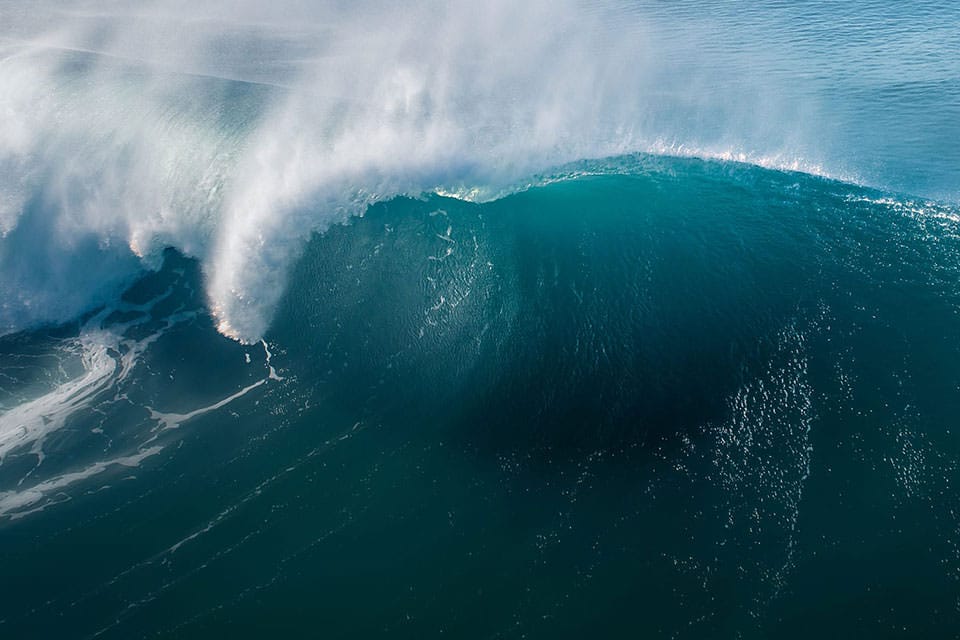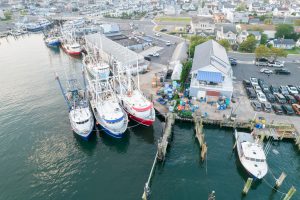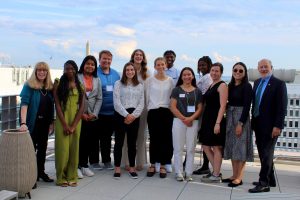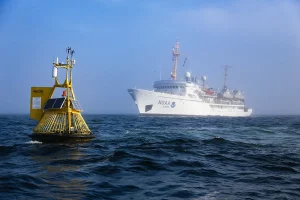The Mid-Atlantic Coastal Acidification Network (MACAN) announces a fellowship that will provide an immersive, real-world learning opportunity while also helping build diversity within the field of ocean and coastal acidification (OCA). This fellowship intends to build on the activities outlined in the MACAN 2022-2024 Workplan. This fellowship is designed to first advance OCA education in formal, standards-based, classroom settings in Virginia Public Schools and eventually other Mid-Atlantic states. The long-term goal is that the OCA curriculum expanded through this fellowship opportunity will also provide a model for public school science curriculum across the United States. The student will interact with one or more mentors to learn about the fundamentals of OCA science, policy, industry, education, and outreach.
Read here for the full announcement.
Eligibility
This fellowship program is open to US Citizens. Students enrolled in Virginia colleges or graduate schools or teachers employed in the State of Virginia will be given priority due to their familiarity with the school system and educational needs and methods and proximity to the primary mentors (located in Gloucester Point, VA); the next priority will be residents of the Mid-Atlantic region.
This fellowship program will be open to those that identify as part of an underrepresented group as defined by NOAA, which could include but is not limited to:
- Black, Latino, and Indigenous and Native American persons
- Asian Americans and Pacific Islanders
- Other persons of color
- Members of religious minorities
- Lesbian, gay, bisexual, transgender, and queer (LGBTQ+) persons
- Persons with disabilities
- Persons who live in rural areas
- Persons otherwise adversely affected by persistent poverty or inequality
Applicants must also be:
- Undergraduate or graduate students currently enrolled in a U.S. college or university (graduation could occur before the termination of the project/contract);
- Non-students are also eligible to apply and will be asked to provide final transcripts showing completion of their degree in a related field of study;
- Must be able to travel, especially during the summer 2025;
- Applicant must be United States citizens with preference given to residents of the Mid-Atlantic;
- Applicant must be able to devote, on average, at least eight hours per week to fellowship activities as listed in the scope of work;
- Preference will be given to students or professionals in Virginia with backgrounds in science teaching and education.
Applications are due by June 30th at 11:59 pm, 2024.
Applicants will be notified by August 1st, 2024, with a start date of September 2nd, 2024.






